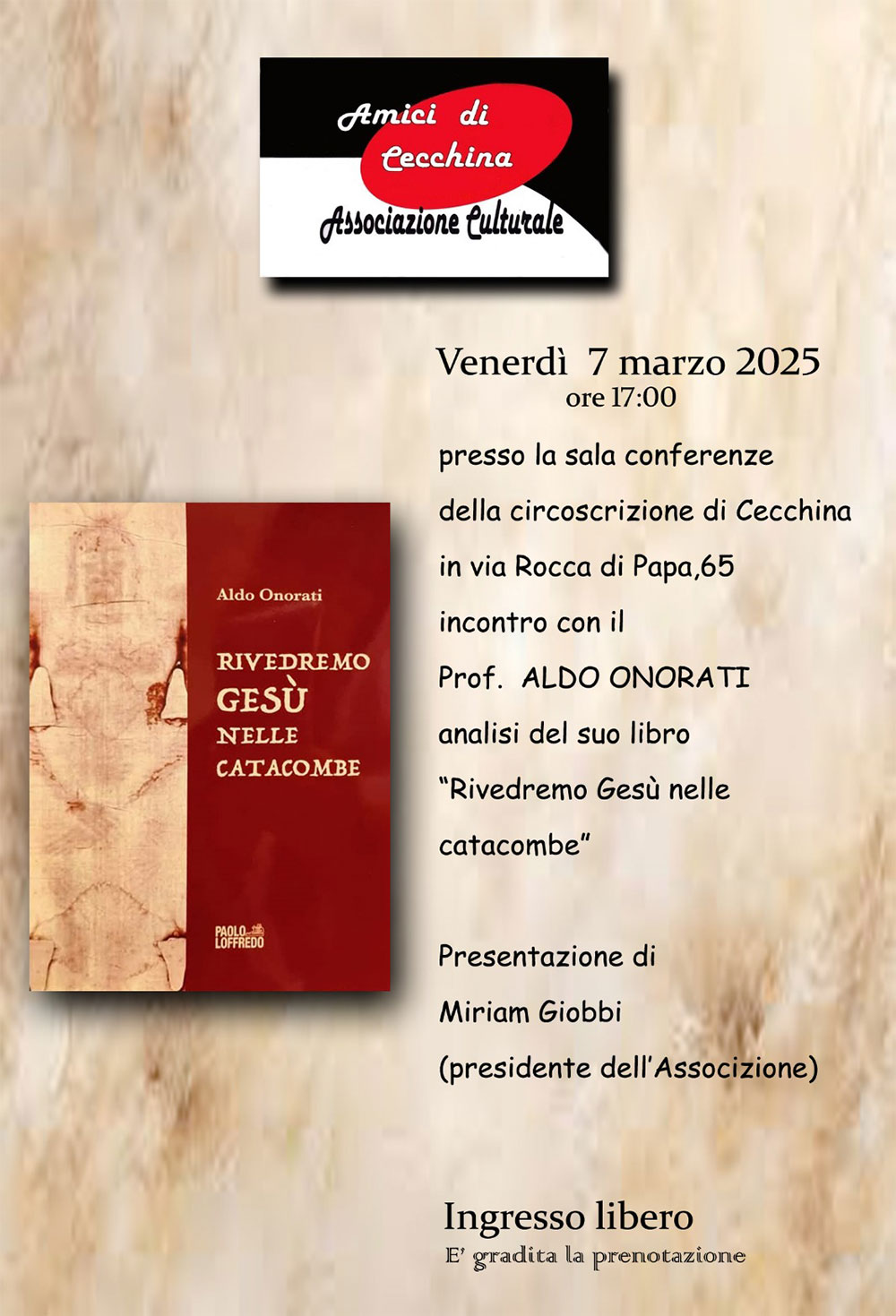 Paolo Loffredo, sixth generation of a large family of publishers and booksellers engaged in the production and distribution of books since the late nineteenth century, creates in 2012 the new editorial company Paolo Loffredo Editore. The historical site was until the '80s in the heart of the historic centre of Naples in Via San Biagio dei Librai, lower Decumano and also known as the SpaccaNapoli.
Paolo Loffredo, sixth generation of a large family of publishers and booksellers engaged in the production and distribution of books since the late nineteenth century, creates in 2012 the new editorial company Paolo Loffredo Editore. The historical site was until the '80s in the heart of the historic centre of Naples in Via San Biagio dei Librai, lower Decumano and also known as the SpaccaNapoli.
At the beginning of the twentieth century, Giuseppe Loffredo decided to add book selling to the book production, which definitively imposed itself after World War II with the publication of manuals for the University and for the School that succeeded in establishing themselves soon throughout Italy.
LAST EVENT
"Rivedremo Gesù nelle catacombe"
07 Marzo 2025 - Sala Conferenze circoscrizione di Cecchina - via Rocca di Papa 65, Albano Laziale (RM) - ore 17,00

…ODI UN NON SO CHE …
ISSN 2283-4281
Language: Italian
Publisher: Paolo Loffredo Iniziative Editoriali Srl

Description
…ODI UN NON SO CHE …
INTORNO ALL’IBRIDAZIONE DI TRADIZIONI E NOVITÀ NELLA GERUSALEMME LIBERATA
With the concept of hybridisation, this volume proposes a vision that does not aim at the usual polarisation and purification of Tasso's work, but reads the Liberata as a conscious, complex and dynamic meeting of tradition and novelty, of the humanistic and Tridentine dimensions and, poetically, of novel and poem.
The potential of this concept lies in the possibility of seeing this nature of the Liberata and focusing on the processes of combination and hybridisation active both in theory, in the Discorsi, and in praxis, in the opera, without necessarily establishing a hierarchy between two poles traditionally opposite. After critically reviewing the theories of the epic and romance genre in XVI century poetics, the research interest focuses on the Tridentine treatises. With the analysis of the treatises on preaching and figurative art, the flexibility emerges. Such flexibility has influenced the secular literature and the Liberata, which turns out to be the singular and 'novatory' project of a supratemporal epopeia, in which the different codifications and traditions are not differentiated and hierarchised, but hybridised and integrated.
The result is an epopeia of global validity that intends to overcome the historical oppositional pairs novel and poem and their respective conflictual scenarios.
Author
Maria Debora Capparelli (Cosenza, 1989) trained at the Ruhr-Universität Bochum, where she currently works as a researcher in Italian literature. Her studies focus on literary theory and Renaissance epic poetry. She has published several articles on Torquato Tasso and the genre of the novel (which appeared in the journal "Romanische Studien", Beihefte 3, 2020; "Working Papers der FOR 2305 Diskursivierungen von Neuem", 14, 2019 and in the volume Reformation(en) in der Romania. Zur Frage der Interkonfessionalität in den romanischen Literaturen der Frühen Neuzeit, edited by Daniel Fliege and Rogier Gerrits, Heidelberg, Winter, 2020) and edited with Giuseppa Sgrò-Ivančev and Rosemary Snelling-Gőgh the catalogue of collection of manuscripts, translations, commentaries and illustrations of Dante's Comedy in the possession of the city of Langenberg (750 Jahre Dante im Spiegel der Langenberger Dante-Sammlung, Verlag 3. 0, 2016).



